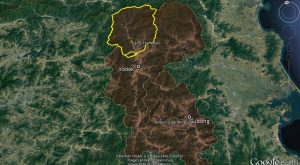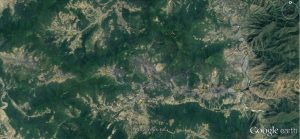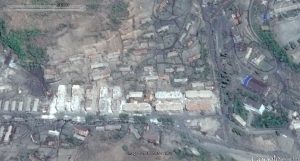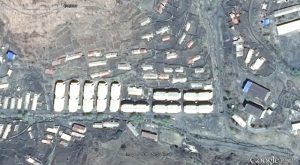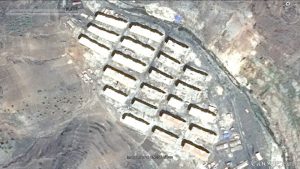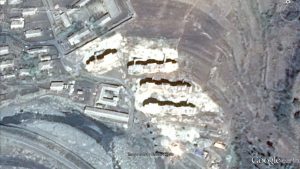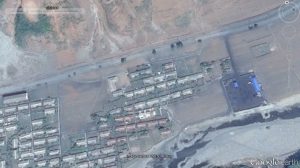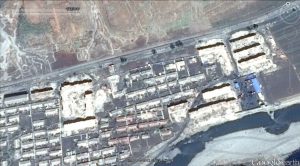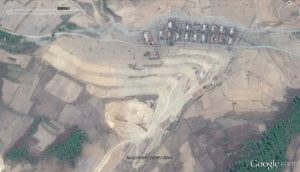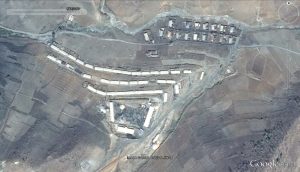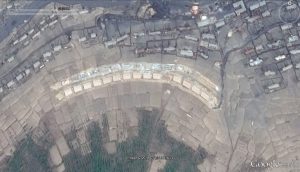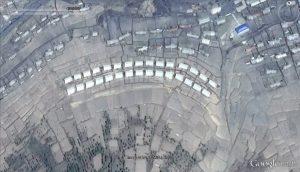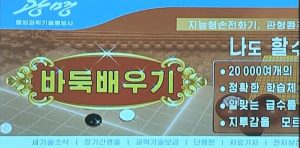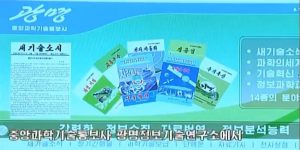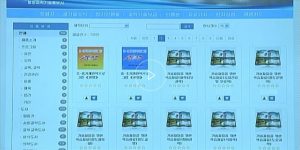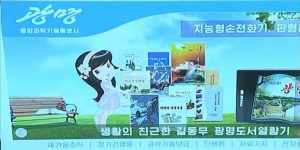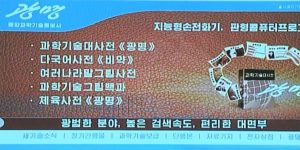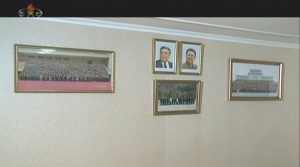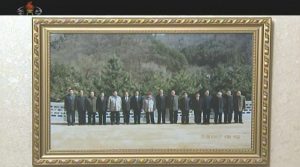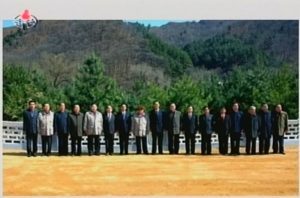According to Yonhap:
A series of international sanctions will likely plunge the North Korean economy into a deeper slump this year and sharply worsen the living conditions of its citizens, a report said Wednesday.
The United States, the United Nations and other nations imposed tough economic sanctions on the reclusive country in retaliation for its nuclear and missile tests last year.
Lee Suk, a senior researcher at the state-run Korea Development Institute (KDI) and one of the report’s authors, said the international sanctions clearly dented North Korea’s trade last year, stalling or contracting its industrial activity and agricultural output.
“The impact of the sanctions doesn’t appear to have spilled over into the market yet, but there is a possibility that North Korea may suffer further setbacks in production, trade and consumption, sharply aggravating the welfare of economic actors.”
Kim Young-hoon of the Korea Rural Economic Institute estimated North Korea’s grain output for 2017 at 4.71 million tons, down 2 percent from the previous year.
“Pyongyang’s farm production didn’t increase last year, despite a series of agricultural reform measures since 2012,” Kim said. “It is difficult to paint a positive picture of North Korea’s food supply and demand this year.”
Lee Jong-kyu, a KDI researcher, said North Korea’s coal exports to China, its chief ally and economic benefactor, tumbled 78.5 percent on-year in 2017, with their dollar value sinking 66 percent.
The plunge contributed nearly 80 percent to the decrease in the value of North Korean trade with China last year, Lee said, predicting tougher international sanctions will give Pyongyang less leeway in its policy options this year.
Lee Suk-ki, a researcher at the Korea Institute for Industrial Economics & Trade, estimated that North Korea’s mining, agricultural and construction sectors stalled or contracted in 2017, compared with the previous year.
The sectors’ slack or weaker activity probably resulted from a severe drought, a decline in trade stemming from international economic sanctions and a correction following the previous year’s push to ramp up production, the economist said.
Read the full Yonhap story here
Int’l sanctions to hit N.K economy harder: report
Yonhap
2018-2-28

